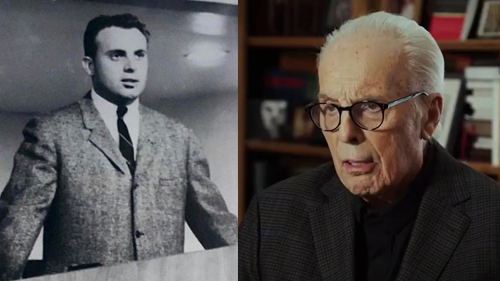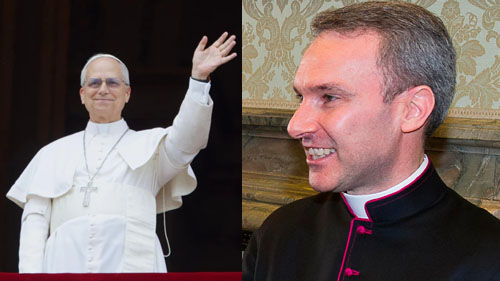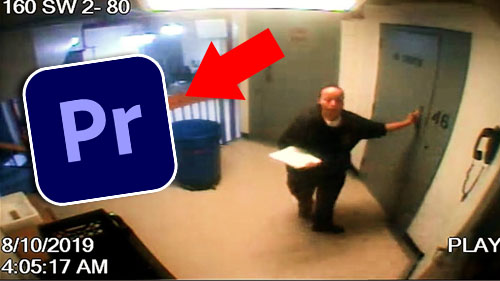| Recent Featured Videos and Articles | Eastern “Orthodoxy” Refuted | How To Avoid Sin | The Antichrist Identified! | What Fake Christians Get Wrong About Ephesians | Why So Many Can't Believe | “Magicians” Prove A Spiritual World Exists | Amazing Evidence For God | News Links |
| Vatican II “Catholic” Church Exposed | Steps To Convert | Outside The Church There Is No Salvation | E-Exchanges | The Holy Rosary | Padre Pio | Traditional Catholic Issues And Groups | Help Save Souls: Donate |  |









 " />
" /> " />
" /> " />
" /> " />
" /> " />
" />




Google Calls FBI's Plan to Expand Hacking Power a 'Monumental' Constitutional Threat
nationaljournal.com Google is warning that the government's quiet plan to expand the FBI's authority to remotely access computer files amounts to a "monumental" constitutional concern. The search giant submitted public comments earlier this week opposing a Justice Department proposal that would grant judges more leeway in how they can approve search warrants for electronic data. The push to change an arcane federal rule "raises a number of monumental and highly complex constitutional, legal, and geopolitical concerns that should be left to Congress to decide," wrote Richard Salgado, Google's director for law enforcement and information security. The provision, known as Rule 41 of the federal rules of criminal procedure, generally permits judges to grant search warrants only within the bounds of their judicial district. Last year, the Justice Department petitioned a judicial advisory committee to amend the rule to allow judges to approve warrants outside their jurisdictions or in cases where authorities are unsure where a computer is located. Google, in its comments, blasted the desired rule change as overly vague, saying the proposal could authorize remote searches on the data of millions of Americans simultaneously—particularly those who share a network or router—and cautioned it rested on shaky legal footing. "The serious and complex constitutional concerns implicated by the proposed amendment are numerous and, because of the nature of Fourth Amendment case law development, are unlikely to be addressed by courts in a timely fashion," Salgado wrote.
Sign up for our free e-mail list to see future vaticancatholic.com videos and articles.
Recent Content
^